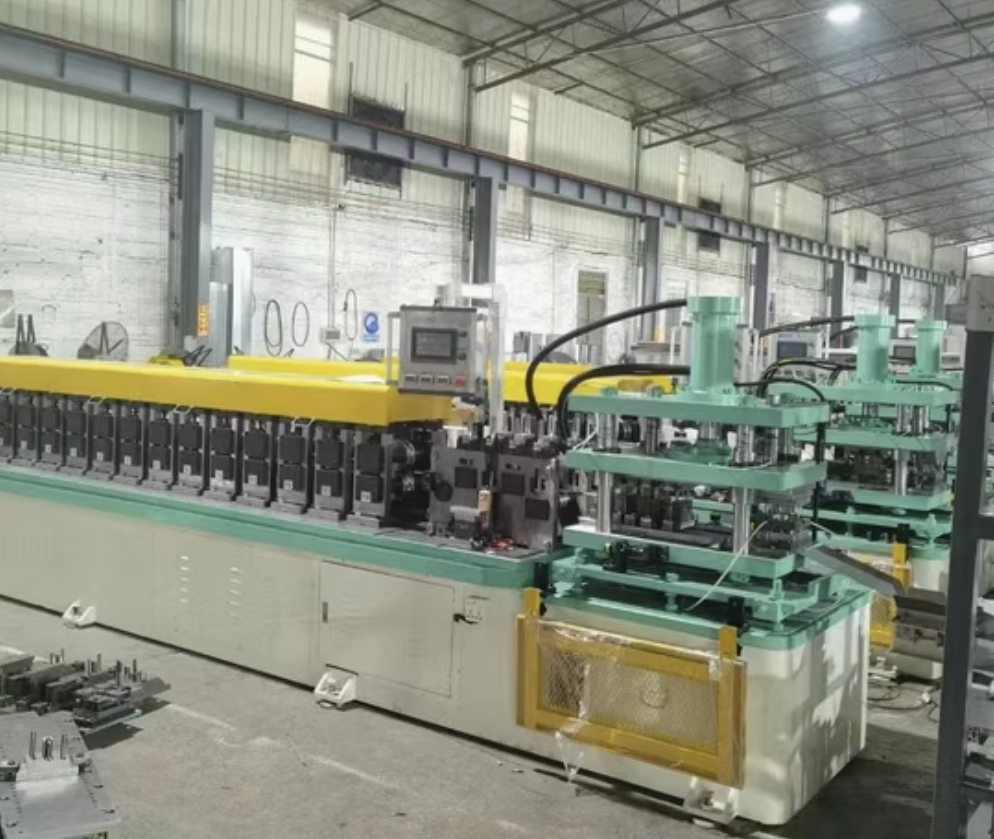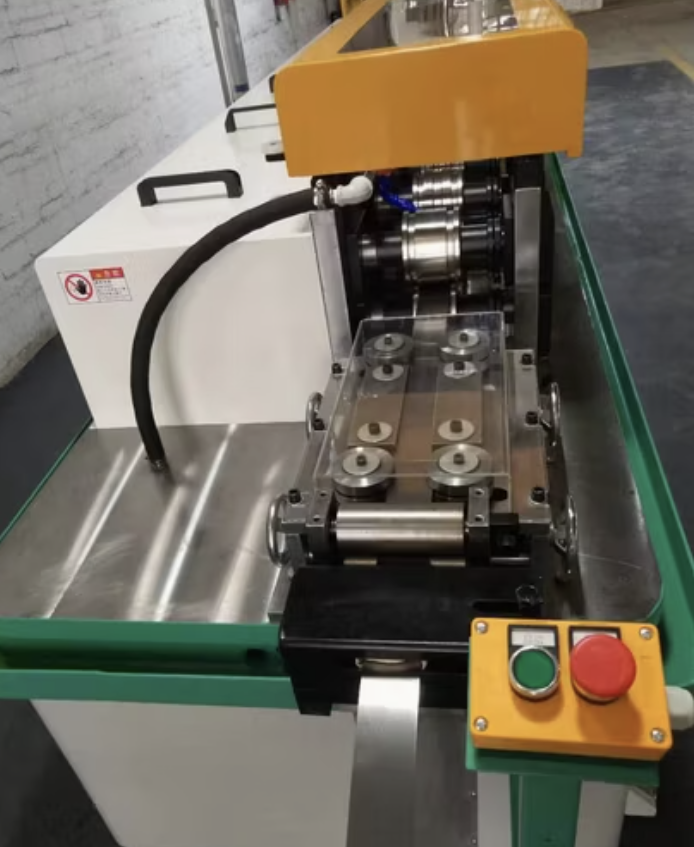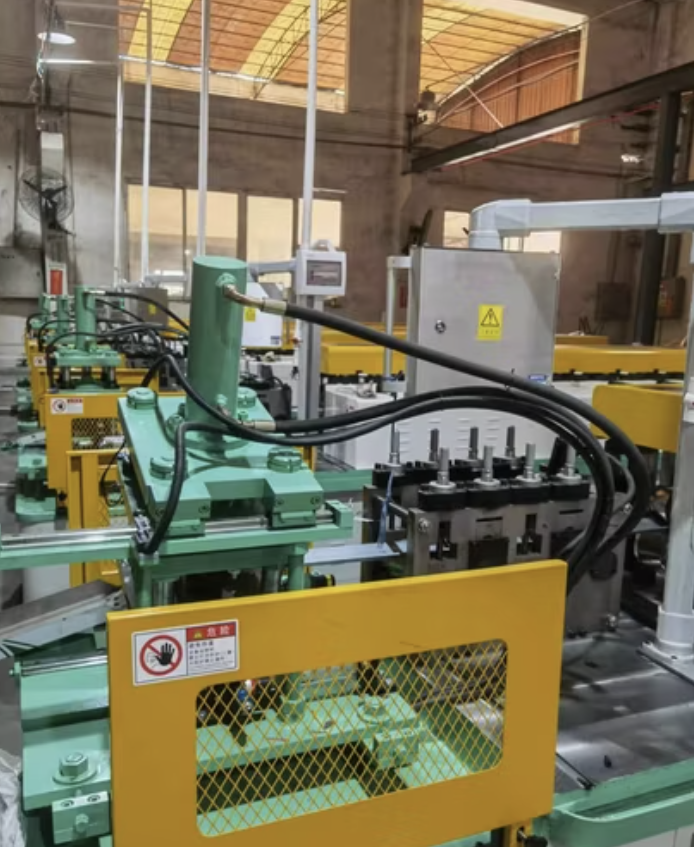To express an interest in this machine please submit the form below.

Not Sure What Machine You Need?
Select Your Profile, We'll Match It
Choose your desired profile drawing, and let Machine Matcher connect you with the best roll forming machine tailored to your needs.
Browse Profiles



Door frame roll forming machines are highly specialized equipment designed for the efficient and precise production of metal door frames. These machines are commonly used in industries requiring sturdy and custom metal framing, such as construction, interior design, and manufacturing of doors for residential and commercial spaces. With automatic feeding, cutting, and profile shaping, a door frame roll forming machine ensures consistent quality and minimizes material wastage.
A door frame roll forming machine is engineered to form door frame profiles from steel, aluminum, or other metals. The machine transforms raw metal coils into finished door frame profiles through a series of forming rollers, precision cutting systems, and optional punching systems. These machines can be customized to produce various door frame designs, sizes, and gauges, adapting to a range of requirements in the door manufacturing industry.
The door frame roll forming machine offers numerous features:
Here’s a breakdown of the key specifications of a typical door frame roll forming machine:
The setup and installation of a door frame roll forming machine require proper alignment of the rollers, calibration of the cutting and punching systems, and configuration of the PLC system. A trained technician usually performs the setup to ensure precision and correct operation. Once installed, the machine requires minimal setup time between batches, allowing for fast production of different door frame designs.
Routine maintenance is essential to keep the machine operating smoothly and to extend its service life. Recommended maintenance includes:
Q1: What materials can be used in a door frame roll forming machine?
A: The machine typically works with mild steel, galvanized steel, and aluminum, with thicknesses ranging from 0.8 mm to 2.5 mm, depending on the specifications.
Q2: Can the machine produce different door frame profiles?
A: Yes, door frame roll forming machines are highly customizable. They can be configured to produce various profiles, including profiles with specific designs for commercial or residential doors.
Q3: How accurate are the cuttings and punching?
A: The machine’s hydraulic or servo cutting and punching systems are highly precise, ensuring dimensional accuracy within a margin of 0.1–0.5 mm.
Q4: What is the production capacity of the machine?
A: Production capacity varies depending on machine specifications, but generally, door frame roll forming machines can produce profiles at speeds of 10–25 meters per minute.
Q5: Is operator training required to operate the machine?
A: Yes, while the machine is automated, training on the PLC system, maintenance, and troubleshooting is recommended for optimal performance and safety.
Q6: How does the machine handle safety?
A: The machine is equipped with safety guards, emergency stop buttons, and overload protection to ensure safe operation.
Q7: What are the power requirements?
A: The typical power requirement is 380V, 50 Hz, 3-phase, but it can be adjusted to meet local power standards as needed.
Q8: Is it possible to add custom cut-outs, like hinge slots or lock holes, to the profiles?
A: Yes, most door frame roll forming machines come with optional hydraulic or servo punching systems for custom cut-outs.
A door frame roll forming machine provides a high-performance, automated solution for producing precise and durable metal door frames. With customizable features, consistent quality, and efficient production capabilities, these machines are indispensable for manufacturers aiming to meet large-scale demands.
Copyright 2026 © Machine Matcher.